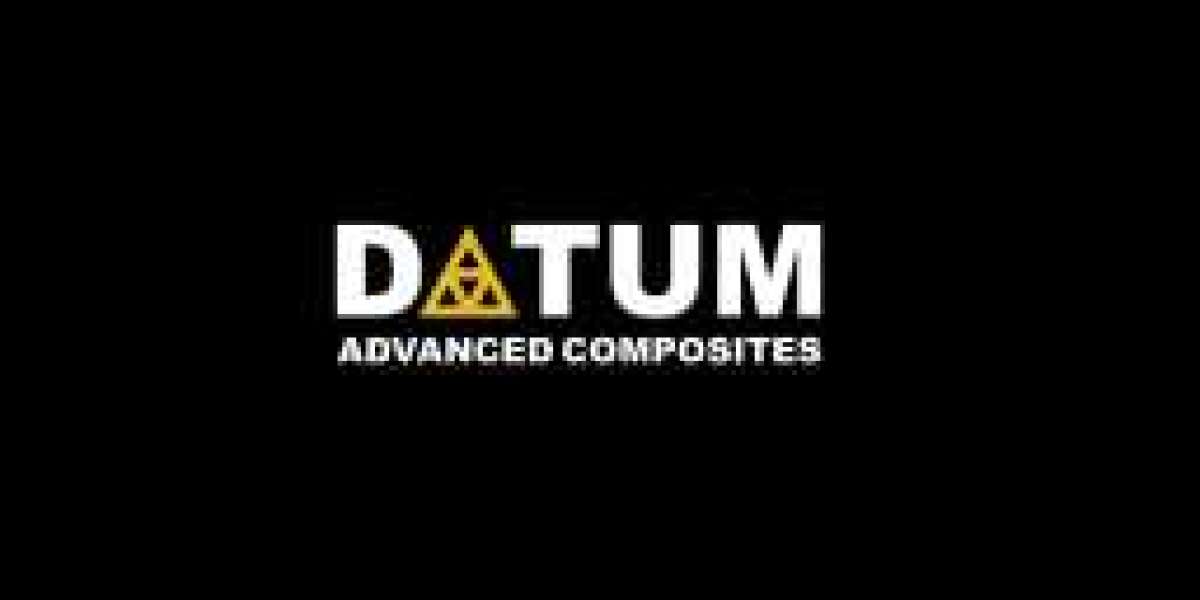In today’s rapidly advancing world, industries are embracing automation to enhance efficiency, precision, and scalability. This trend is particularly evident in the field of Advanced Composites Manufacturing, where automation is revolutionising how materials and components are designed, developed, and produced. At the forefront of this transformation is Datum Advanced Composites, a fully integrated manufacturer based in Kanpur, dedicated to delivering cutting-edge lightweight composite products and providing specialist engineering services.
Automation in Composite Manufacturing: A Game-Changer
The introduction of automation into composite manufacturing processes has significantly improved accuracy, reduced production times, and enhanced quality. By integrating robotic systems, computer-aided manufacturing (CAM), and advanced software, companies are setting new benchmarks for efficiency.
Automation enables the precise placement of fibre-reinforced polymers (FRPs), ensuring consistent material properties and minimising waste. Processes such as automated fibre placement (AFP) and automated tape laying (ATL) are transforming traditional manufacturing methods, allowing for the creation of complex geometries and lightweight structures with unmatched precision.
Datum’s Pioneering Approach to Automation
We have positioned itself as a leader in the industry by leveraging automation alongside conventional and additive manufacturing techniques. With a team of skilled engineers, scientists, and industry experts, we offer end-to-end solutions for composite product lifecycles. From initial product design and process development to testing, qualification, series production, and aftersales support, we ensure excellence at every stage.
The company’s ability to integrate automation in their processes is reflected in their diverse portfolio, which caters to sectors like aerospace, defence, marine, automotive, energy, and healthcare. These industries demand high-performance composite systems, and automated approach ensures superior quality and precision.
Benefits of Automation in Composite Manufacturing
Automation in Advanced Composites Manufacturing brings numerous advantages that are redefining industry standards:
- Enhanced Precision: Automated systems ensure accurate material placement, reducing human errors and ensuring uniformity in final products.
- Increased Efficiency: By automating repetitive tasks, production times are significantly reduced, leading to faster delivery and cost savings.
- Improved Sustainability: Automation minimises material waste by optimising usage, making the manufacturing process more environmentally friendly.
- Scalability: Automated processes enable manufacturers to scale production effortlessly, catering to both small-scale and large-scale projects.
- Innovation: Automation fosters the development of novel composite technologies, enabling the creation of lightweight and high-strength materials for future applications.
Applications Across Diverse Industries
We serve a wide range of industries, utilising automation to meet specific requirements:
- Aerospace: Lightweight and durable components are crucial for improving fuel efficiency and performance. Automation ensures the precision needed for aerospace-grade composites.
- Defence: High-strength materials manufactured with automated processes enhance the resilience and reliability of defence systems.
- Automotive: Automation facilitates the production of lightweight car parts, contributing to better fuel efficiency and sustainability.
- Healthcare: Composite materials find applications in medical devices and prosthetics, where accuracy and quality are paramount.
- Energy: The energy sector benefits from advanced composites in wind turbine blades and other renewable energy solutions.
Collaboration and Expertise
Datum Advanced Composites collaborates globally with Original Equipment Manufacturers (OEMs), Micro, Small and Medium Scale Enterprises (MSMEs), Public Sector Undertakings (PSUs), and academic institutions. Whether it’s one-off assignments, short-term projects, or long-term development partnerships, we bring a wealth of experience and expertise to every collaboration.
By combining automation with conventional and additive manufacturing processes, we ensure that their composite products meet the highest standards of performance and reliability. Additionally, their focus on innovation positions them as a key player in shaping the future of Advanced Composites Manufacturing.
Training and Market Intelligence
To empower businesses and professionals, we offer industry-leading technical training courses and market intelligence services. These initiatives help organisations and individuals stay ahead in the competitive landscape, fostering growth and innovation.
The Future of Automation in Composite Manufacturing
The role of automation in Advanced Composites Manufacturing will only expand as industries demand lighter, stronger, and more sustainable materials. Companies are spearheading this evolution, driving advancements that benefit a wide array of sectors.
Automation will continue to refine processes, improve scalability, and push the boundaries of what’s possible with composite materials. As the industry evolves, the integration of artificial intelligence and machine learning is expected to take automation to even greater heights, enabling smarter and more adaptive manufacturing solutions.
Conclusion
The integration of automation in modern composite manufacturing processes is revolutionising the way high-performance materials are developed. With a commitment to innovation and excellence, we stand out as a leader in this transformative field. Their dedication to utilising automated, conventional, and additive manufacturing techniques ensures that they remain at the forefront of Advanced Composites Manufacturing.
As automation continues to shape the future, we exemplify how expertise, technology, and innovation can converge to create a sustainable and efficient manufacturing ecosystem.

